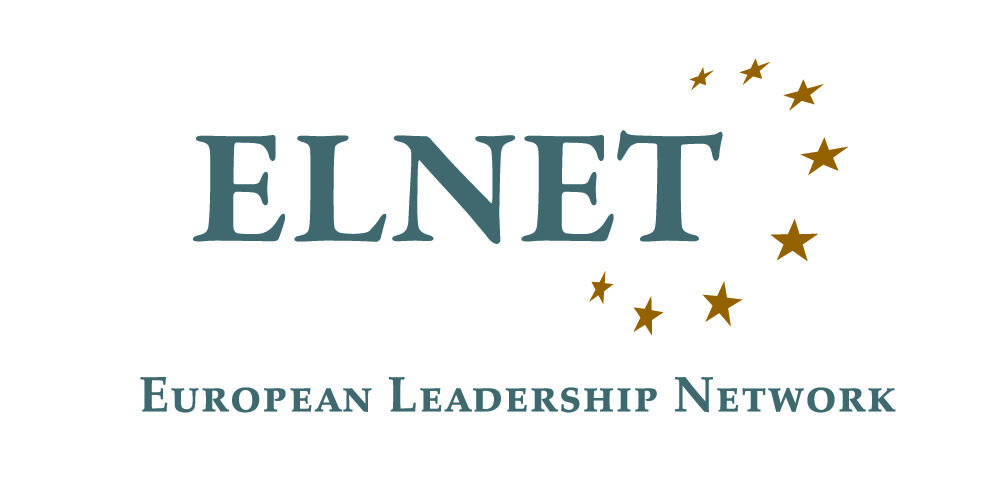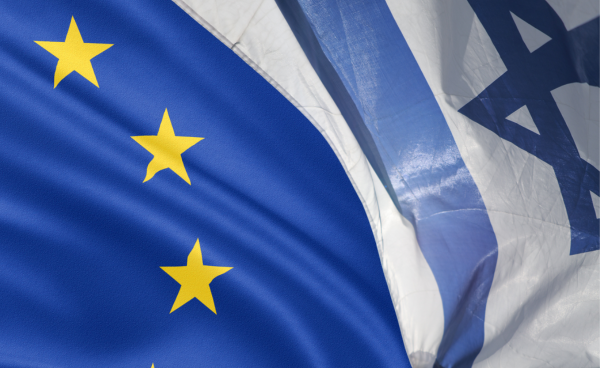1. The background of the EU-Israel Association Agreement
As Western European countries formed a Common Market in the late 1950s, Israel was among the most eager non-European states to establish ties with the emerging European Economic Community. It became the third non-member country to open an official representation to the EEC, and Israeli leaders even contemplated the prospect of full membership.
However, relations between the two sides were soon overshadowed by developments in the Middle East. Throughout the 1970s, the European Community increasingly aligned itself with the Palestinian cause, leading to growing tensions with Israel. This shift culminated in the 1980 Venice Summit, where the Community articulated, for the first time, a comprehensive vision for the region. The Venice Declaration recognized the Palestinian right to self-determination and condemned Israel’s occupation of territories seized in 1967.
This position, which triggered a sharp reaction from Jerusalem, continues to shape European diplomacy in the region. The divergence between European and Israeli perspectives kept relations tense and distant throughout the 1980s. In the economic sphere, cooperation was limited to the 1975 agreement establishing a free trade area for industrial goods, with preferences granted to certain Israeli agricultural products.
The early 1990s, however, brought a new window of opportunity. A shifting regional landscape—marked by the launch of the Israeli-Palestinian peace process, including the Madrid Conference and the Oslo Accords, whose principles echoed those of the 1980 Venice Declaration—allowed for a rapid improvement in European-Israeli relations. In 1994, the European Council meeting in Essen issued a statement advocating for a “special status” for Israel in its relations with the EU.
The most significant outcome of this more favorable climate was the signing of the EU-Israel Association Agreement on November 20, 1995, which entered into force in 2000.
2. The Content of the Agreement
The Association Agreement was conceived as a comprehensive legal framework to structure EU-Israel relations across all domains and rests on two main pillars: the expansion of trade and economic relations, and the institutionalization of political dialogue. Since its entry into force, it has served as the basis for any advancement in bilateral ties.
On the economic front, the agreement preserved the provisions of the 1975 free trade deal while extending them to cover additional products and services. It also laid the groundwork for deeper sectoral cooperation. Politically, the agreement provided for the creation of an Association Council, designed to enhance and formalize political engagement between Israel and the European Union (…).

Dr. Rémi Daniel
Dr. Rémi Daniel is a researcher at the INSS, specializing in Turkish affairs. He also coordinates the Europe research program at the Institute. Dr. Daniel graduated with highest honors in History from Paris I Pantheon Sorbonne University and the Ecole Normale Supérieure (Paris) and holds a PhD in International Relations from the Hebrew University in Jerusalem, with a dissertation titled "Turkish-Israeli Relations (1960-1971): Democratization, Asymmetry, and Regional Crises." During his PhD, he was an Azrieli fellow.

Milo Vinikas
Milo Vinikas is a Belgian graduate student specializing in intelligence, defense, and geopolitics. He is pursuing a Master’s degree in International Relations and Diplomacy at the University of Antwerp and is currently an intern in the Research Program on Europe at the INSS, where he focuses on European security and defense policy within broader transatlantic and Middle Eastern dynamics.

